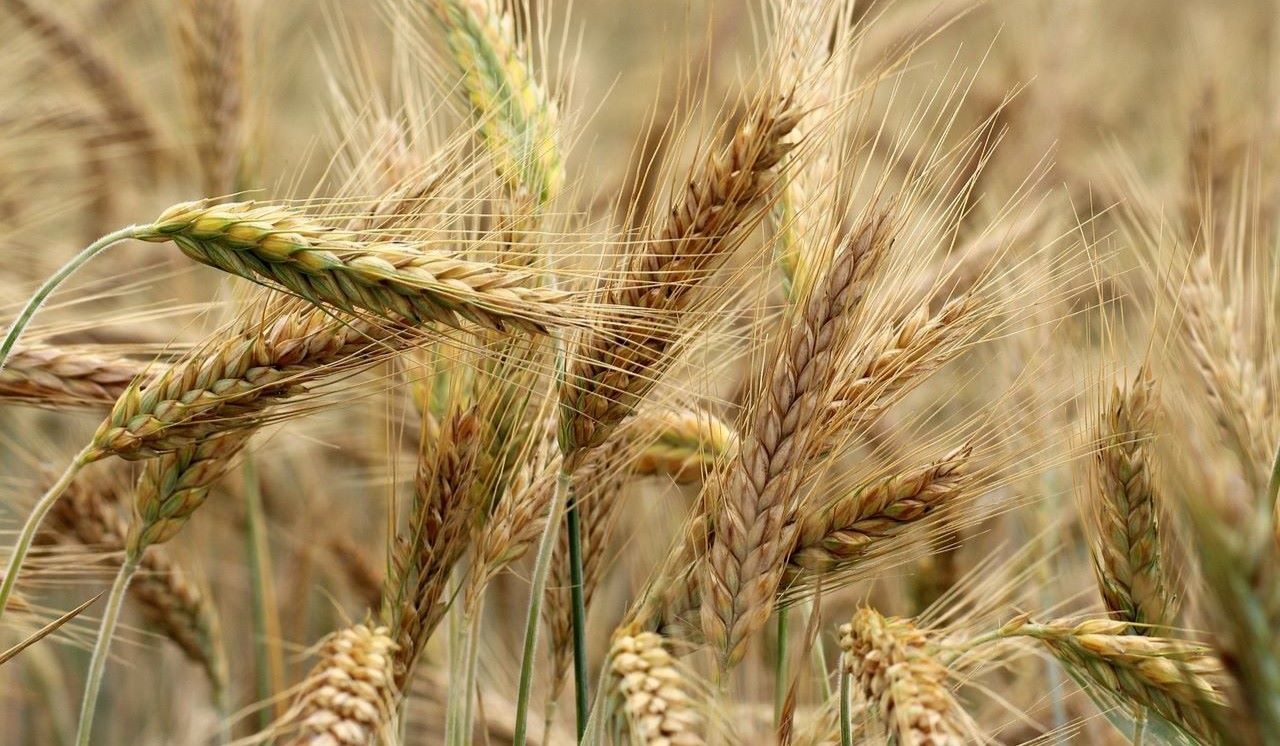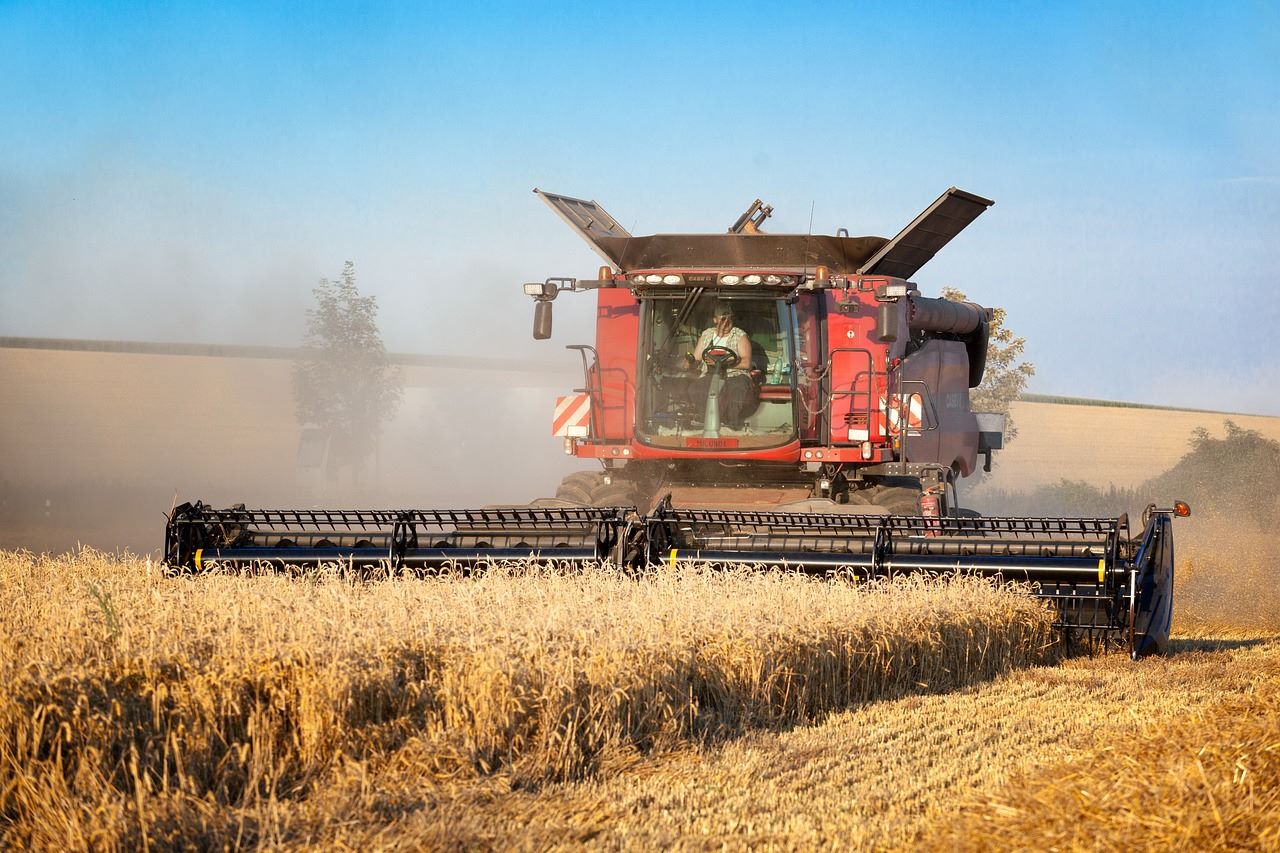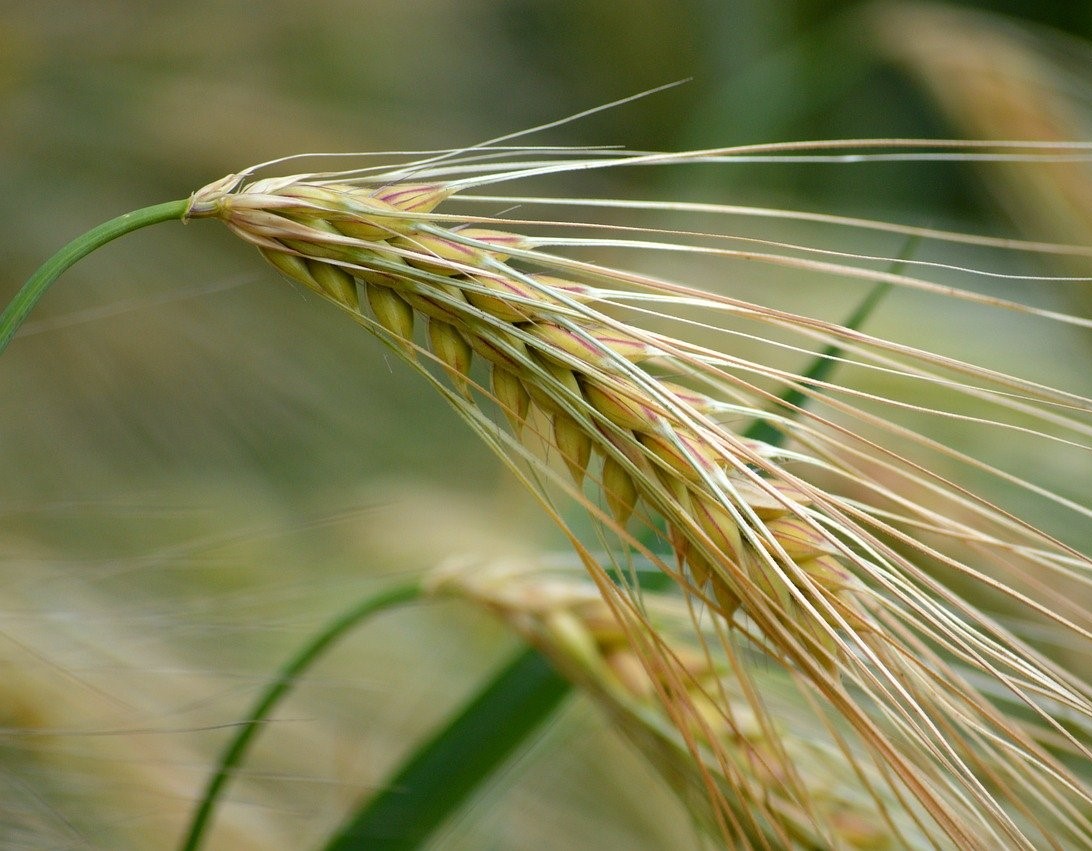 Watering can be stopped when the grain reaches physiological maturity. © Pixabay
Watering can be stopped when the grain reaches physiological maturity. © Pixabay
Predicting the optimal time to stop irrigating winter cereals is a critical factor in modern irrigation systems. In the Aigües de Segarra-Garrigues (ASG) system, located in the province of Lleida, irrigation costs for winter cereals range from €300 to €450 per hectare, depending on whether it is a single or double crop.
Beyond the economic considerations, accurately determining the best moment to stop watering winter cereals is essential for optimizing water use and minimizing excess irrigation runoff into rivers and aquifers, thus reducing its impact on the hydrological cycle. This involves identifying the stage of physiological maturity in the cereal, where grain weight no longer increases and crop growth has ceased. At this point, the plant no longer requires additional water.
This progression was analyzed by Lloveras et al. (2017), where a visual indicator of the crop was identified to mark the point at which the grain reaches physiological maturity (when more than 50% of the glumes and edges of the wheat and barley appear to be dry), alongside the grain’s moisture evolution. Building on these findings, Altés et al. (2024) demonstrated that the final irrigation sessions can be reduced, depending on the soil’s water retention capacity.
 Watering can be optimised during the last months before the harvest © Pixabay
Watering can be optimised during the last months before the harvest © Pixabay
Currently, monitoring the grain’s physiological maturity is performed manually through farm sampling or by relying on the aforementioned visual indicator, which remains somewhat subjective. However, reflectance indices derived from remote sensing data now offer the potential to detect this maturity at the plot level without the need for in situ measurements.
Building on these principles, isardSAT and AGRIWATER have initiated the development of an Operational Group that will implement a methodology using remote sensing data to fine-tune irrigation based on the crop’s physiological maturity. This approach aims to optimize water use and maximize crop yields.
isardSAT coordinates the Operational Group and leads the development of the remote sensing methodology used in the project. The initiative is co-financed by the European Union through intervention 7161 of the CAP Strategic Plan (PEPAC) 2023-2027. AGRIWATER has been awarded a grant under the framework of “Aid for the Preparation of Operational Group Projects” by the European Innovation Partnership for Agricultural Productivity and Sustainability (EIP-Agri). This funding, part of the Strategic Plan of the Common Agricultural Policy (CAP) 2023-2027, supports the project: Determination of Physiological Maturity of Winter Cereals using Remote Sensing.

